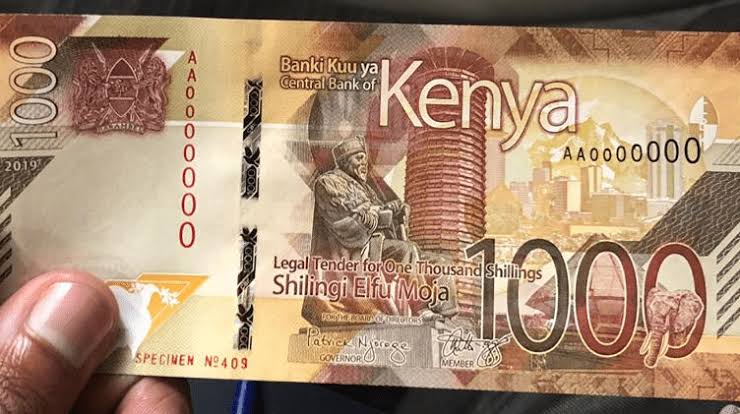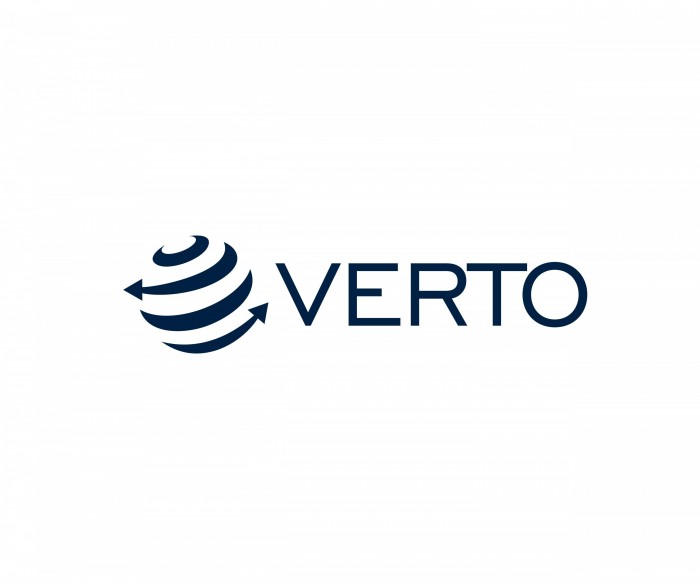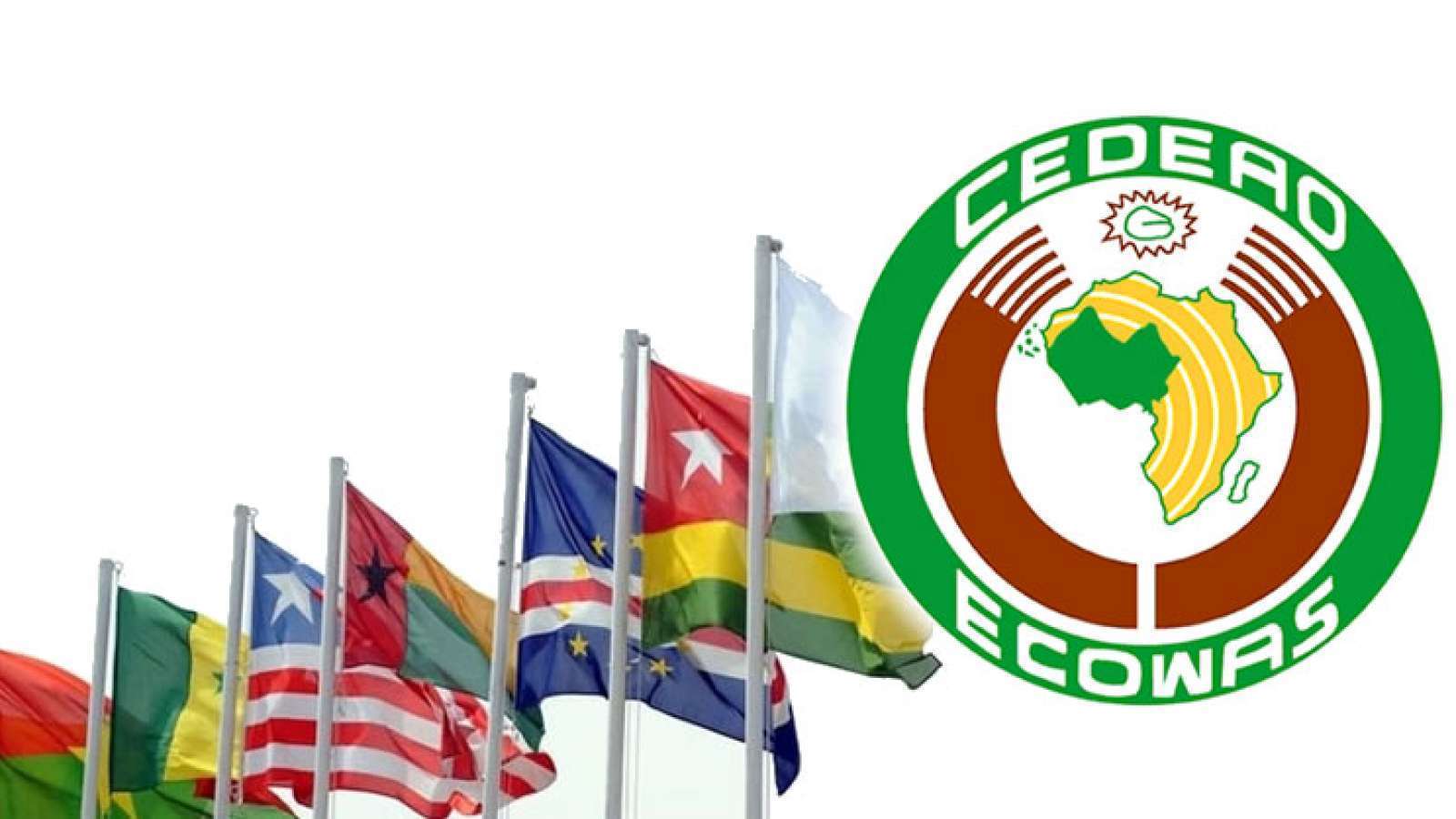Kenyans Will Proceed With New Sh1000 Notes As Court Rules Jomo Statue Is Not A Portrait, New Notes Legal
In what is a like a significant landmark victory, Kenyans will would be proceeding to have new Sh1000 notes by September 30. A Kenyan High Court has ruled that the new bank notes are legal and that Kenya’s first President, Jomo Kenyatta’s statue on them is not a portrait. The court also declined to extend the expiry date of old Sh1,000 notes.
Here Is All You Need To Know
- On June 4, two cases challenging the release of new bank notes into circulation were filed before the High Court.
- The petitions filed separately by activist Okiya Omtatah and East Africa Legislative Assembly Member of Parliament Simon Mbugua said the image of a statue of President Jomo are in violation of the Constitution and should be removed from the new denominations.
- According to the petitioners, although Kenyatta’s portrait is captured as a part of Kenyatta International Conference Center (KICC), it is a representation of the former President’s image, whose inclusion is illegal.
“The petitioners posit that the new design Kenyan currency bank notes are unconstitutional and, therefore, invalid, null and void, because they violate Article 231(4) of the Constitution to the extent that they bear the portrait of the late President Jomo Kenyatta,” the petitions read.
- On August 8, Omtatah also sued Attorney General Kihara Kariuki for publishing new laws to regulate circulation of the new currencies.
- Omtatah argued that the AG sneaked in the new law after realising that the Central Bank of Kenya illegally introduced the new generation currencies, and when the court was at an advanced stage of determining legality of the new currencies.
- He wanted the court to suspend a legal notice published by the AG, pending determination of his suit over the new currencies.
- The activist challenged the laws relied on by CBK to introduce the new currencies and have founding President Jomo Kenyatta’s portrait on the notes.

Here Is How The New Currency Policy Has Pushed Some Kenyans To Tight Corners
Under Kenya’s new currency regime, some of the country’s currency would be replaced with a new generation of banknotes. To that effect, Kenyans must return their old 1,000 shillings ($10; £8) notes to banks before 1 October, 2019 in a bid to fight money laundering, counterfeits, and corruption).
To effectively implement the new policy, the Central Bank of Kenya has issued some tough guidelines on how to exchange the old Sh1000 currency for new notes.
Read also: What Kenyan Businesses Need To Know About The New Currency Policy In Place In The Country
- To this effect, those without a bank account are not able to exchange more than Sh1 million of old currency with the new notes without CBK’s approval.
- Even with a new bank account, it is reported as a suspicious activity if the holder all of a sudden credits his account with more than Sh1 million, or seeks to exchange it in cash and walk away without proper documentation on proof of source of funds.
There is an alleged feeling of desperation among those suspected to be hoarding money acquired illegally and who are hence unable to bank it as they cannot openly declare its source. Such individuals are faced with the challenge of losing the money when it is devalued on 1st October as Kenya officially moves on to the new currency as is dictated by the 2010 Constitution, reports Kenya’s Investment Company Soko Directory.
New Guidelines Warning Stakeholders By CBK
In its most recent circular, KCB warned it would take action against any commercial bank that fails to, neglects or omits to comply with relevant regulations.
The regulator reminded lenders of their obligation under the Crime and Anti-Money Laundering Act, 2009, saying they should undertake due diligence on customers’ transactions and ensure effective monitoring of all accounts and transactions.
In March 2019, CBK also directed all commercial banks, microfinance institutions, and mortgage finance companies to nominate “an independent and competent external third party” to evaluate the institution’s compliance to anti-money laundering and combating the financing of terrorism programs.
The appointed parties evaluate the institution’s customer due to diligence measures, its risk assessment for cases of money-laundering and terrorism financing, check the firm’s internal controls against such financial crimes, and their monitoring process.
The fight against money laundering was one of the Kenya ’s reasons to phase out old Sh1000 notes, which CBK said was becoming increasingly easier to imitate.
Speaking during the Madaraka Day celebrations, CBK governor Patrick Njoroge said the new Sh1,000 notes will help address the growing concerns of illicit financial flows in the country.
The Most Direct Implication of This Is That By October This Year, All Those In Possession of The Old Ksh1000 Notes Will Not Be Able To Use Them
This is directive of the Central Bank of Kenya. CBK governor Patrick Njoroge also revealed that 100 million pieces of the old Sh1,000 note had been returned by end of August 2019 out of 217 million pieces or Sh217 billion in circulation.
This means the public has less than 3 days to exchange some of the remaining bulk.
With the deadline fast approaching, businesses have started blocking usage of the old Sh1000 notes.
Charles Rapulu Udoh

Charles Rapulu Udoh is a Lagos-based Lawyer with special focus on Business Law, Intellectual Property Rights, Entertainment and Technology Law. He is also an award-winning writer. Working for notable organizations so far has exposed him to some of industry best practices in business, finance strategies, law, dispute resolution, and data analytics both in Nigeria and across the world


















